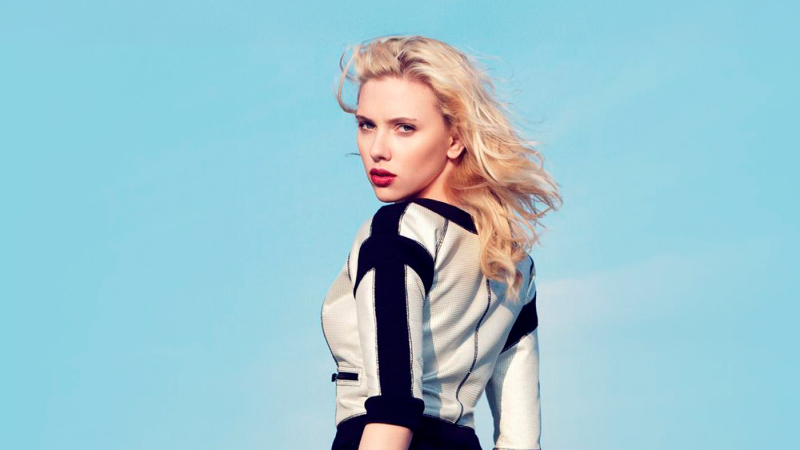The mess with Scarlett
Let’s see, folks, when someone says “NO”, it’s “NO”. But it seems that OpenAI didn’t hear it. Scarlett Johansson, yes, the same one who brought Samantha’s voice to life in “Her”, found herself in the middle of a tangle with OpenAI. It turns out that these geniuses decided to come up with a voice for their ChatGPT that sounded like Scarlett. But here’s the kicker: they never asked her permission!
Imagine the mess. OpenAI releases “Sky”, one of the voices for their ChatGPT, and everyone starts saying that she sounds just like Scarlett. Johansson didn’t hold her tongue and blurted out that she never gave her consent, even though Sam Altman, OpenAI’s CEO, had contacted her several times. The most ironic thing is that Altman said that “Her” was one of his favorite movies and that it had inspired him. Of course, so much so that he decided to “borrow” Scarlett’s voice without asking her.
OpenAI, in one swift move, removed Sky’s voice and said it wasn’t Scarlett’s voice, but a similar sounding voice actress. But come on, the similarity was so great that people didn’t buy it. And so, the scandal was served.
The Case of Bev Standing: Another chapter in the saga
Bev Standing, a voice actress, also had her moment of glory (or rather horror) with TikTok in 2021. TikTok used her voice for its text-to-speech feature without her permission. Bev said this violated her rights of publicity and intellectual property. It went to court, and although settled out of court, the case highlighted how AI technologies can use and abuse voices without permission.
Bev, like Scarlett, saw her livelihood used without her consent. She said her voice was her business and that TikTok was profiting from her work without even thanking her.”
The AI: Angel or Demon?
Now, folks, let’s cut to the chase. AI is everywhere, transforming jobs, culture and how we interact with the world. But not all that glitters is gold. These technologies are turning entire industries upside down and displacing human workers. Voice actors, musicians, writers, all are in the crosshairs. AI can replicate their work at a fraction of the cost, putting these professionals out of business.
And let’s not just talk about jobs. Culturally, AI is changing how we consume and engage with media. From deepfakes to synthetic voices, our notion of authenticity and trust is being challenged. Can you imagine not being able to trust that what you see and hear is real? That’s already happening, folks.
La Ley: ¿Dónde estás cuando se te necesita?
With all this chaos, it is obvious that we need stronger and clearer laws. The Scarlett and Bev cases have raised voices calling for stricter regulations. In the United States, for example, the Biden administration is making moves. They have issued executive orders and proposed laws to regulate AI. Measures to control deepfakes and the misuse of AI-generated content are being discussed.
The goal is clear: to protect intellectual property rights and ensure that AI does not become an out-of-control beast. Current laws, such as the right of publicity and copyright laws, provide some protection, but are insufficient in the face of the rapid advancement of these technologies.
Wake up, world!
The Scarlett Johansson and Bev Standing cases are a wake-up call. They tell us that it’s time to get serious about the challenges posed by AI. We need robust legal frameworks that protect individual rights and address the ethical implications of these technologies. We cannot allow AI to be used irresponsibly and unchecked.
These cases are just the beginning. Effective regulation of AI is in its infancy, but these high-profile scandals are shaping the debate and pushing for needed changes. By addressing these challenges, we can harness the potential of AI while protecting the
rights and interests of individuals in this digital age.
So, friends, stay tuned. Technology moves forward, but we must ensure that it does so while respecting our rights. Because at the end of the day, it’s our voice that counts.










